Lifestyle
15 Hard Truths About Human Behavior
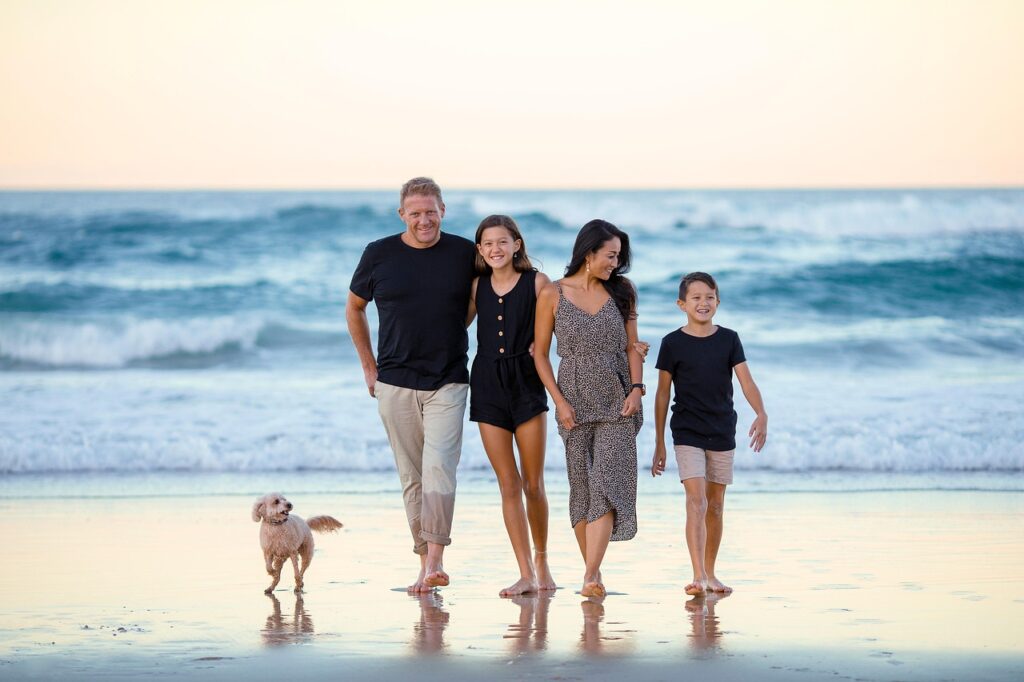
It’s easy to think people act logically or kindly most of the time. But the truth is more complicated. Human behavior isn’t about fairness or perfect choices—it’s about instincts, fears, and needs, layered on top of hopes. These realities aren’t excuses. They’re the invisible rules most of us live by, even when we don’t realize it.
People believe what feels good.

Facts are important, but they don’t always land. If a belief feels comforting, safe, or boosts pride, it usually wins over facts. People often cling harder when challenged, not because they’re stubborn, but because certainty feels safer than doubt. Changing a belief isn’t just about new information—it’s about building trust that letting go won’t leave them lost.
Kindness often gets mistaken for weakness.

When you’re patient, forgiving, or understanding, not everyone will treat it as strength. Some people test limits, push too far, or take advantage without thinking twice. Kindness without boundaries doesn’t always inspire gratitude. Sometimes it just signals an opening. Protecting your energy by saying no isn’t cold-hearted. It’s how you keep kindness strong without burning out.
We judge others by actions, and we judge ourselves by intentions.

When someone disappoints us, we focus on what they did wrong. When we mess up, we explain what we meant to do. It’s easier to forgive ourselves because we know the full story behind our choices. But with others, we only see the surface. Closing that gap takes deliberate effort—seeing beyond the first mistake into the messy reasons underneath.
People would rather be certain than right.
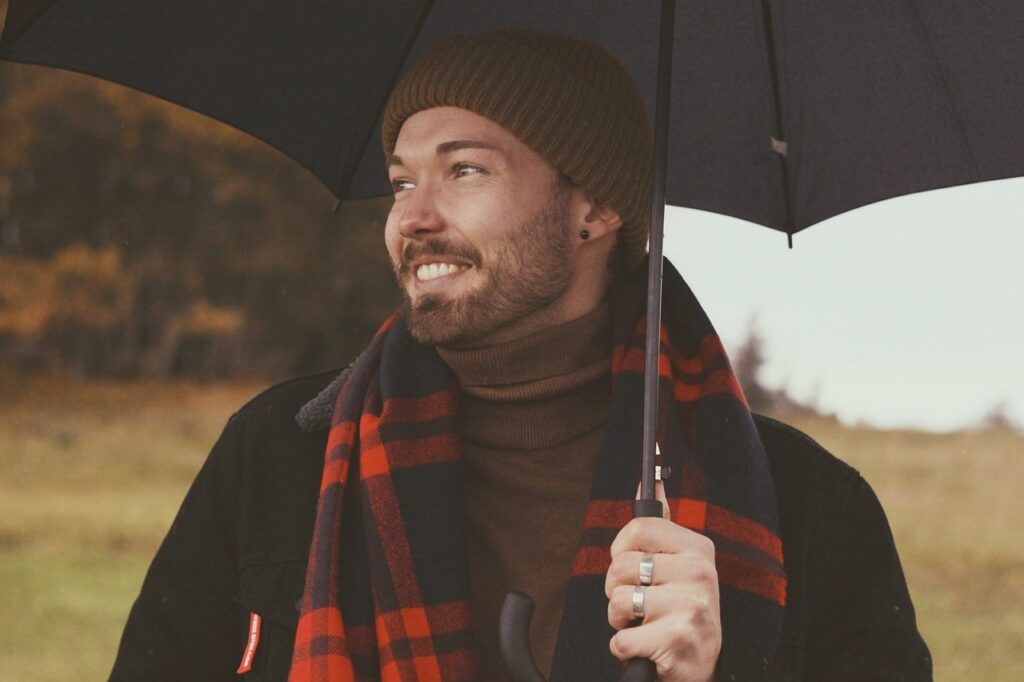
Certainty feels like security. Doubt feels like standing on a crackling bridge. So even when new facts show up, many people dig into their first opinion harder. They’ll argue, rationalize, and double down rather than live with uncertainty. Learning to sit with “I don’t know” is hard because our brains crave clear answers—even bad ones feel better than none.
We care more about being included than being honest.
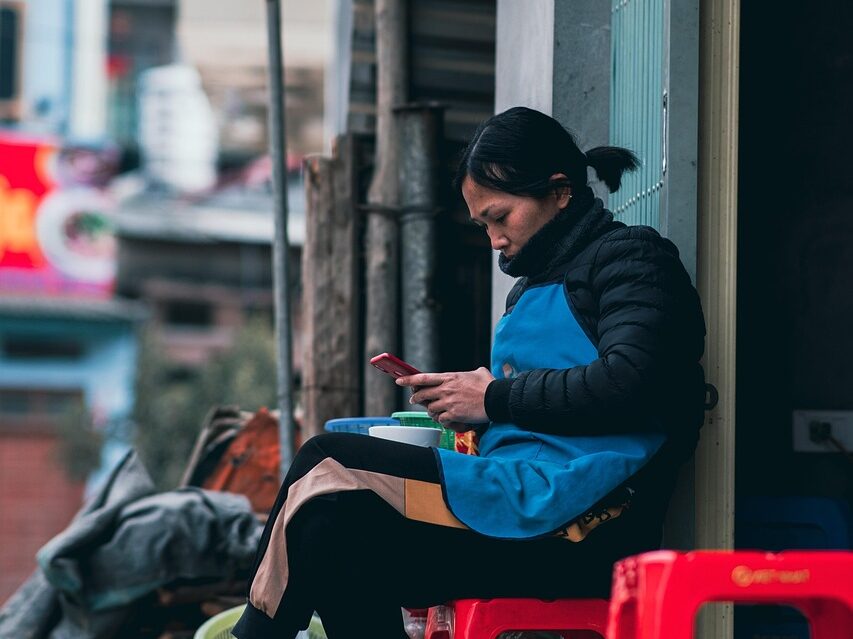
Humans survived by fitting into groups, and that instinct still runs deep. We soften our opinions, stay silent, nod along—sometimes to things we don’t believe—because rejection feels dangerous. Belonging feels safer than full honesty. Speaking up is harder not because we’re weak, but because it goes against thousands of years of wiring that says survival depends on acceptance.
Anger is easier than sadness.

Sadness feels helpless. Anger feels powerful. When people are hurt, it’s often easier to lash out than to sit with grief. Anger provides direction—it demands action. Sadness asks for patience. That’s why it’s common to see outrage before tears, accusations before acceptance. It’s not wrong to feel anger. But recognizing the sadness underneath it is where healing starts.
Most people don’t listen to understand.
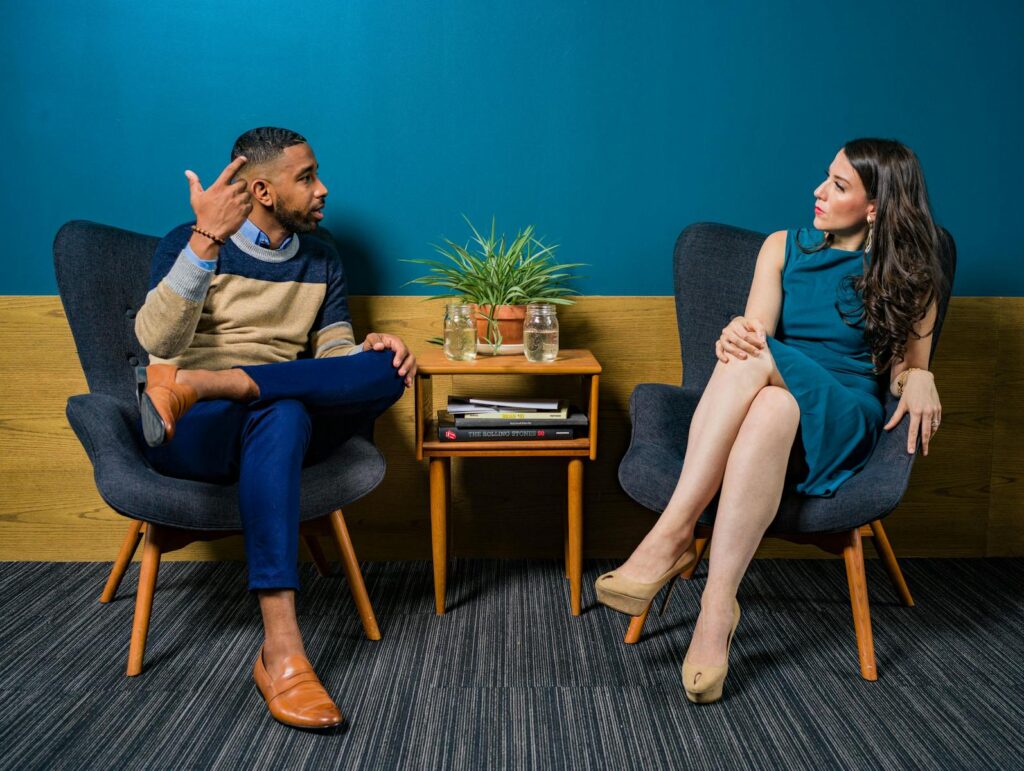
In conversations, many people are already building their reply while you’re still talking. It’s not always selfishness. Sometimes it’s fear of being wrong, of looking slow, of losing the thread. Real listening is slower. It means setting your own thoughts aside long enough to truly hear someone else. Most people aren’t taught how to do it, which is why real listening feels rare and disarming.
Self-interest drives more than we think.
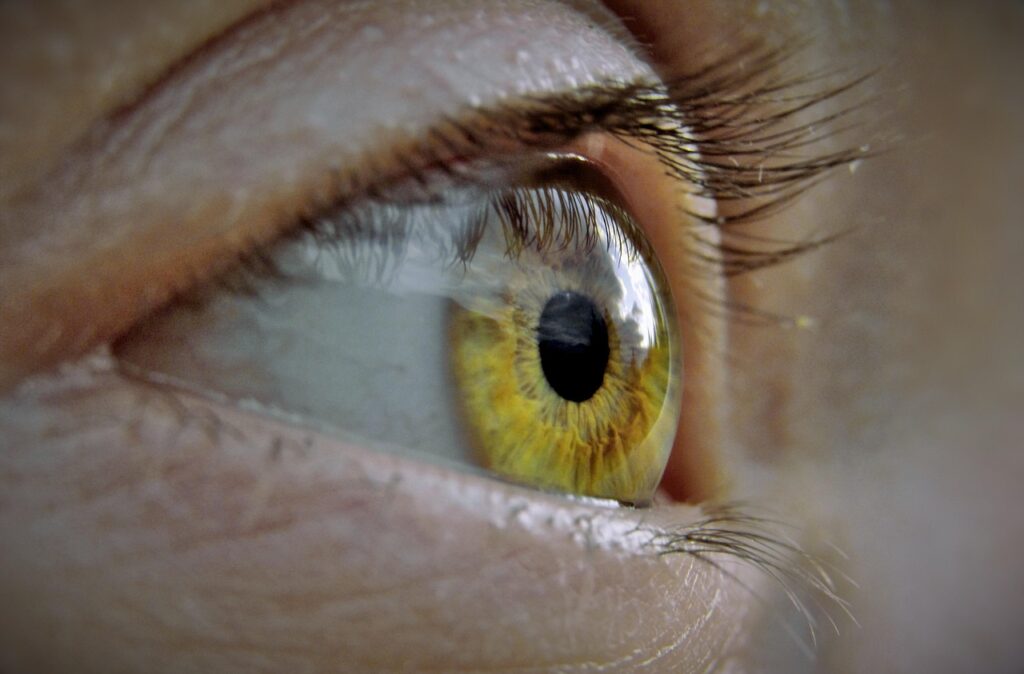
Even acts of kindness often serve dual purposes. Helping others feels good, eases guilt, builds social bonds. Pure selflessness exists, but mixed motives are far more common—and far more human. Acknowledging self-interest doesn’t cheapen kindness. It makes it real. When you know why you’re moved to act, you can choose your best reasons instead of pretending you have none.
We’re wired to notice the negative.

Negativity sticks like burrs. One sharp comment outweighs five kind ones. One awkward meeting feels bigger than a week of smooth ones. That’s survival brain at work—early humans needed to spot danger faster than rewards. But now, this wiring means we often have to work harder to remember what’s going well. Without conscious effort, the bad moments outweigh the good by default.
People lie to themselves all the time.
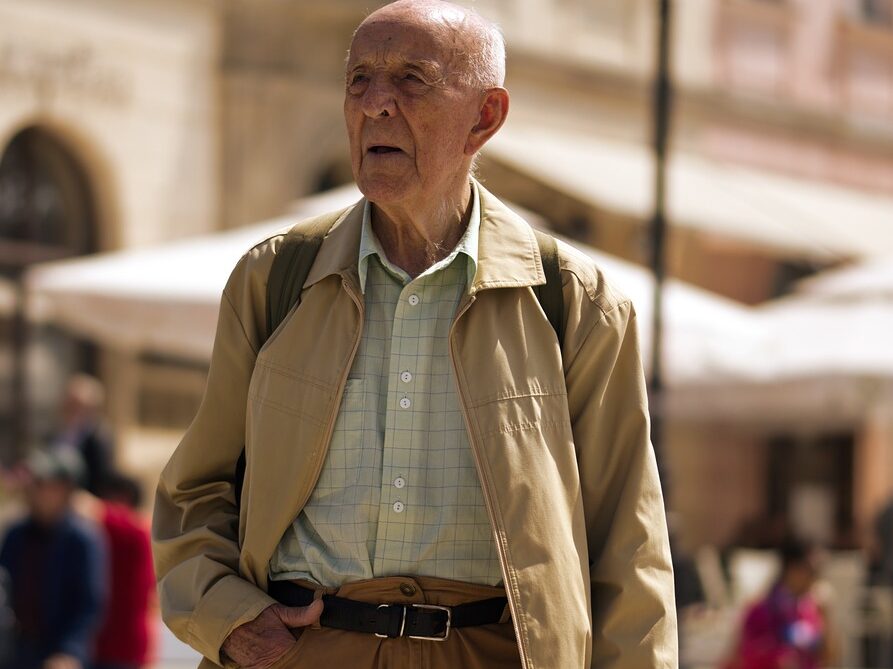
Self-deception isn’t rare—it’s routine. We tell ourselves we’re fine when we’re exhausted, that a bad habit isn’t a big deal, that next week will be different. Tiny lies smooth the rough edges of daily life. They aren’t evil—they’re defense mechanisms. The trouble starts when the lies pile up high enough that we can’t find the truth underneath anymore.
We overestimate how much people notice us.
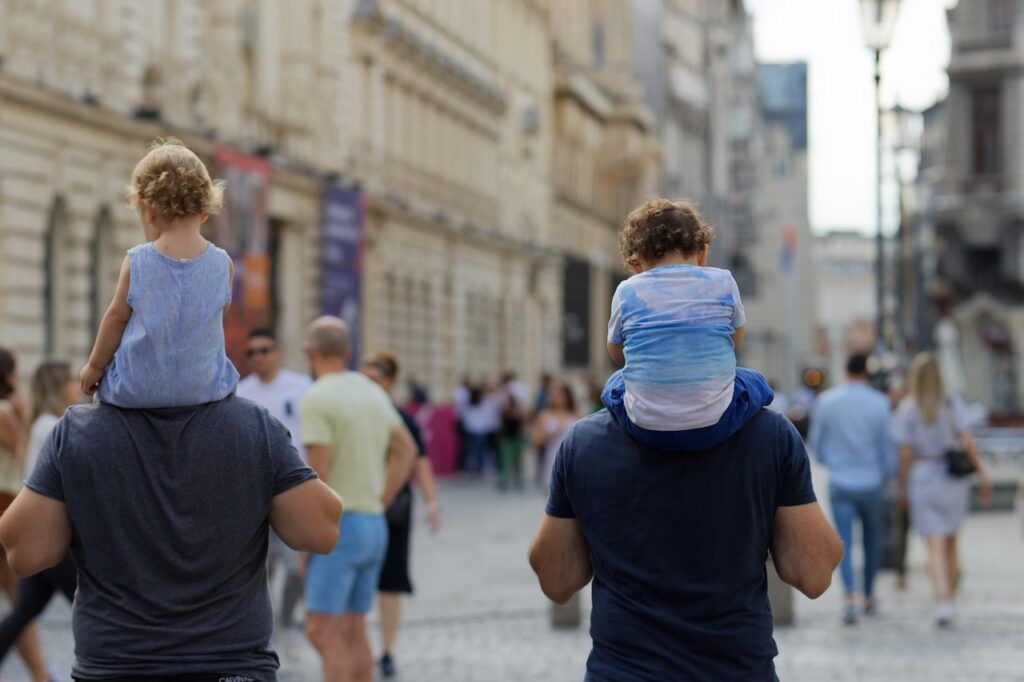
That awkward thing you said last night? It’s probably long forgotten by everyone except you. People are too busy replaying their own missteps to hold onto yours. This isn’t because they don’t care—it’s because everyone’s running their own reel. The anxiety that comes from feeling scrutinized usually shrinks the second you remember: nobody’s paying as much attention as you fear.
Success often depends more on endurance than talent.

Raw talent opens doors. Timing helps. But staying after the excitement fades—that’s where success is born. Showing up tired, trying again after embarrassment, building when no one’s watching. Endurance looks boring. It doesn’t get applause at the start. But it’s what keeps a dream alive long enough to turn into something real. Talent gets you started. Grit keeps you moving.
We confuse busy with valuable.

A packed calendar can feel like proof that you matter. Constant emails, calls, deadlines—it all feels important. But busyness isn’t the same as meaning. Being overwhelmed often hides the fact that nothing truly important is happening. Slowing down isn’t laziness. It’s where you find out whether what you’re doing still matches who you want to be.
People rarely see their own patterns.
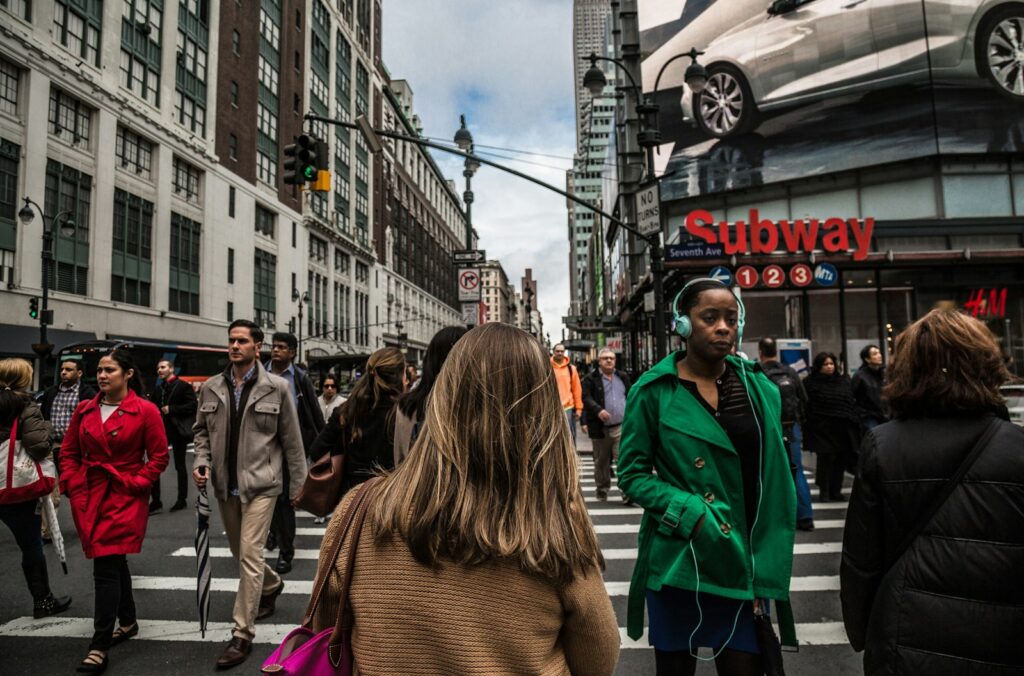
We’re experts at spotting other people’s cycles. The bad relationships, the self-sabotage, the fear dressed up as “being realistic.” Seeing our own? Much harder. Familiar patterns feel invisible. Even when they hurt, they feel like home. That’s why real change feels wrong at first. It’s not because you’re failing. It’s because you’re leaving behind something that once kept you safe.
What we avoid controls us.
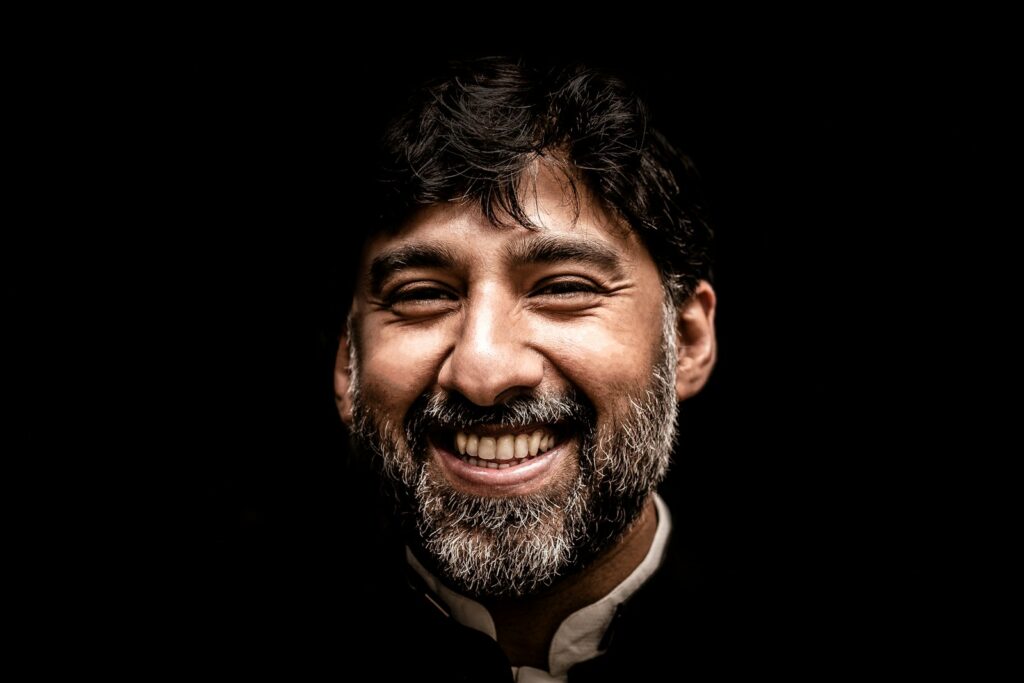
Avoiding something doesn’t shrink its power. It makes it heavier, harder, more tangled. Whether it’s a hard conversation, a scary dream, or a buried fear—dodging it doesn’t make it disappear. It just lets it steer you quietly from the backseat. Facing what’s hard isn’t about being fearless. It’s about deciding that fear doesn’t get to run the whole show anymore.

